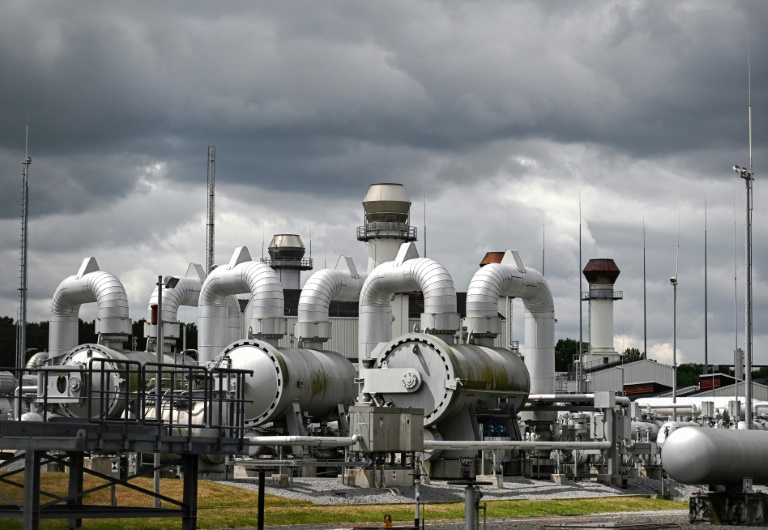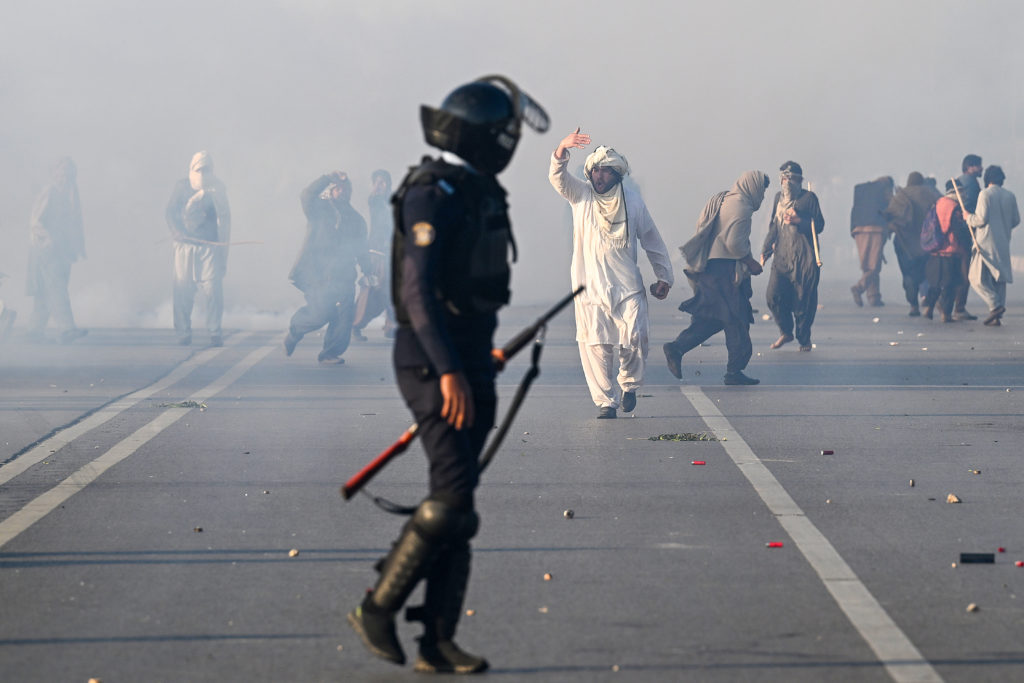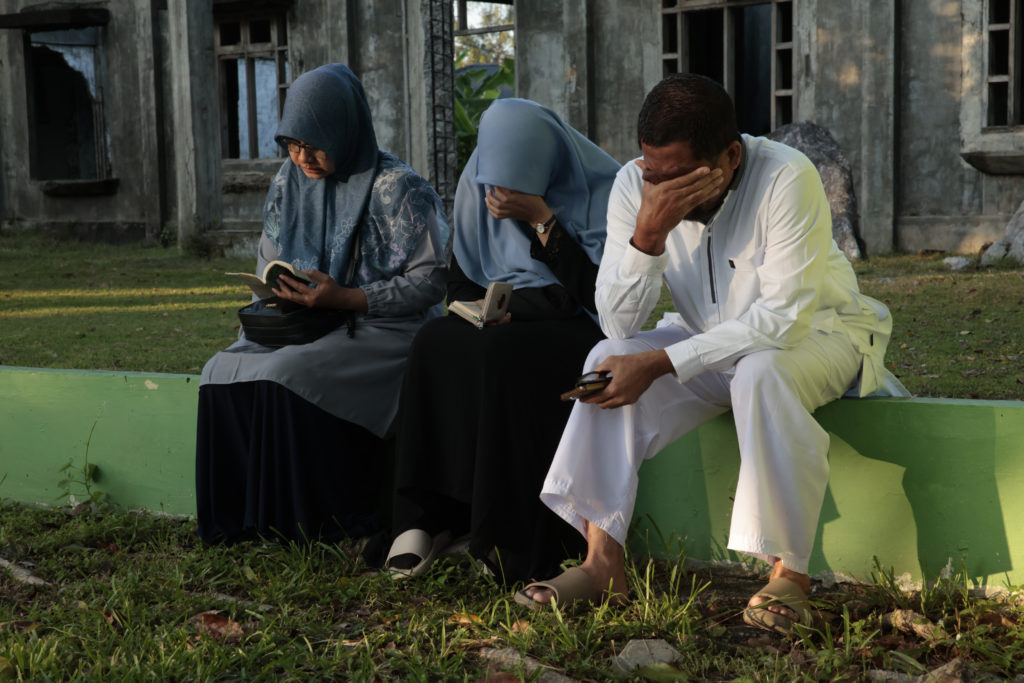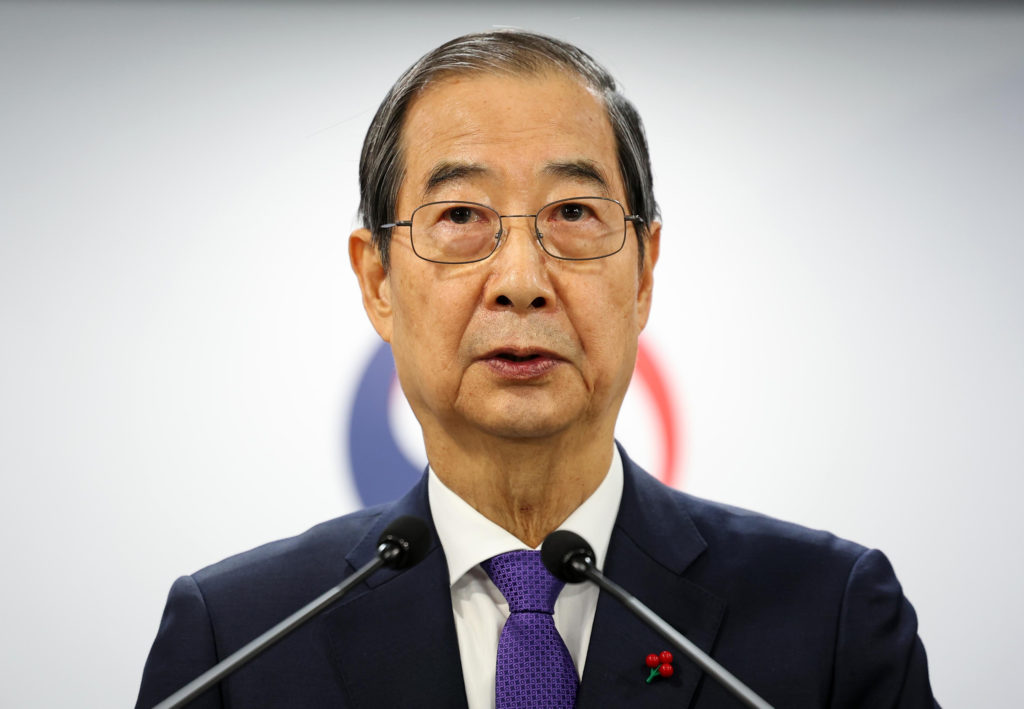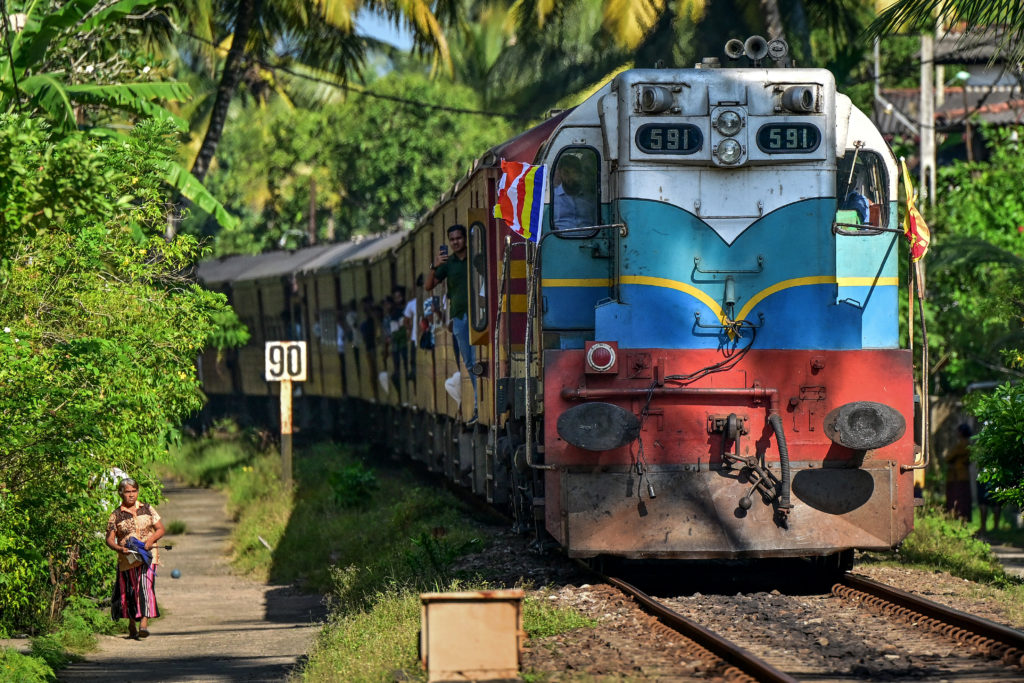Russia's war in Ukraine has sent gas prices spiralling
EU leaders clashed over how to ride out Europe’s energy shock Thursday, with France and Germany at loggerheads over imposing a cap on gas prices pushed skywards by the war in Ukraine.
The bloc’s 27 member states have been squabbling for months over measures to lower energy bills, and a Brussels summit began in a chilly mood.
Countries such as Italy are pushing hard for a swift and ambitious cap on prices, in the teeth of opposition from Germany, the EU’s biggest economy.
There is huge political pressure to act, with strikes and protests over the cost of living spreading across Europe — notably in France and Belgium — and businesses fearing bankruptcy.
Berlin risks finding itself isolated in the debate, with countries furious that the German government won’t back a gas cap and for going it alone in helping its citizens pay for high prices with a 200-billion-euro ($196-billion) spending bonanza.
German Chancellor Olaf Scholz shot back at his critics as he arrived for the talks saying that it was “quite clear that Germany has acted in solidarity” with his EU partners.
French President Emmanuel Macron warned against Berlin standing alone as the talks began.
“Our role is to do everything to ensure that there is European unity and that Germany is part of it,” Macron said.
On the table for leaders are proposals by the European Commission, the EU’s executive arm, that try to satisfy the diverging views.
But these have already been dismissed as timid by those wanting a clear ceiling on gas prices despite the opposing view — championed by Germany, but also Denmark and the Netherlands — that this would choke off supply or encourage consumption.
The push for a common approach has been further hampered by Franco-German discord which burst into the open Wednesday when they delayed a regular meeting between cabinet ministers.
Breakthroughs are difficult when the EU’s biggest powers do not see eye to eye and Macron and Scholz met ahead of the summit in a bid to find common ground.
In a sign of a possible easing of tensions, France on the sidelines of the summit agreed to build a green energy pipeline linking the Spain and Portugal to the rest of Europe.
Berlin is seeking an alternative to Russian gas supply it has relied on for decades, but it was not clear whether the new plan would satisfy them.
– ‘No cap’ –
The commission’s proposals include an idea to allow joint purchases by the EU energy giants in order to command cheaper prices to replenish reserves.
Another proposal is to give the EU’s executive arm the power to establish a pricing “corridor” on Europe’s main gas index to intervene when prices get out of control.
The EU leaders were expected to haggle for hours over the commission’s proposals, with some countries seeking something much more far-reaching than what is on offer.
But Scholz on Thursday again rejected any attempt by the EU to cap prices on gas imports, saying it “carries the risk that producers will then sell their gas elsewhere.”
However, Scholz welcomed the European Commission’s proposal for joint purchases in the EU.
A big problem in Europe is the link between gas and electricity prices. Under EU rules, a gas price index helps set the price of electric power across the continent, even if sourced from nuclear energy, renewables or coal.
But the index has skyrocketed since Ukraine was invaded by Russia, the country that supplied 40 percent of the EU’s gas imports before the war.
Several countries — including France with its nuclear power plants — are calling for an exception to the gas price mechanism while the commission draws up a new system that better reflects market reality.
This was already granted to Spain and Portugal earlier this year, giving them freer rein to keep electricity prices lower despite surging prices.

